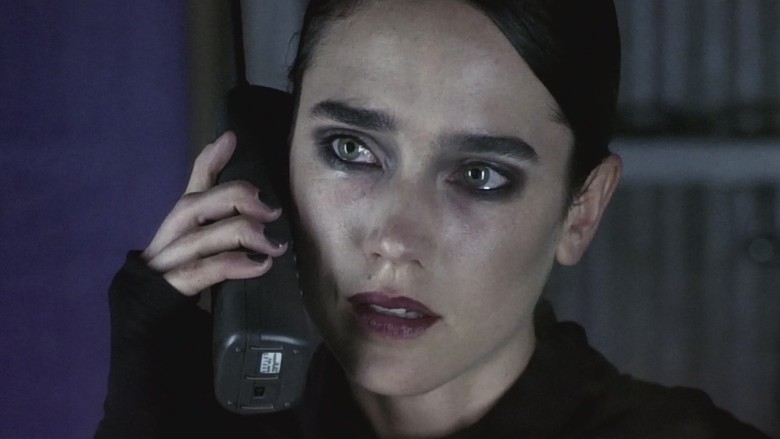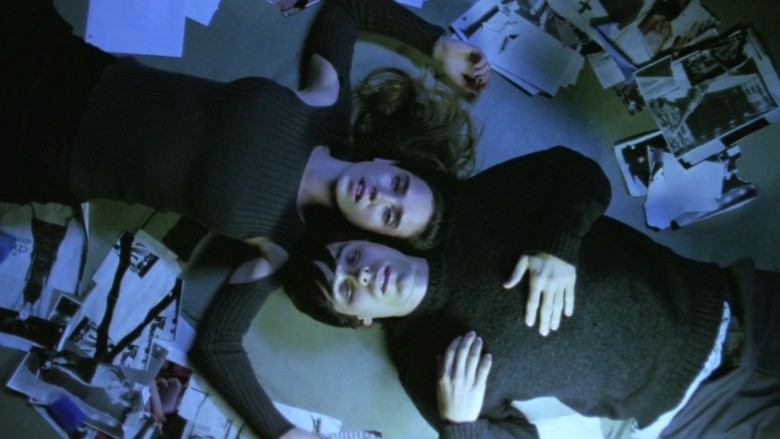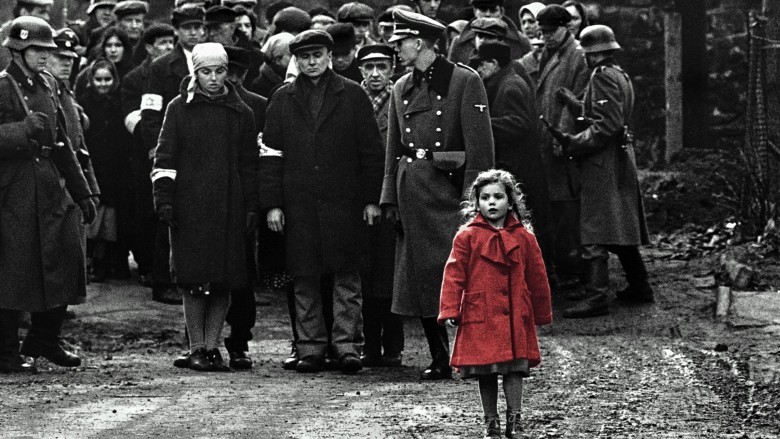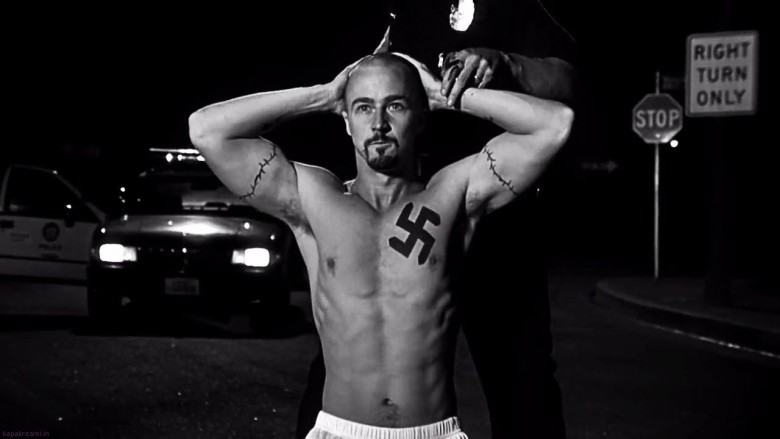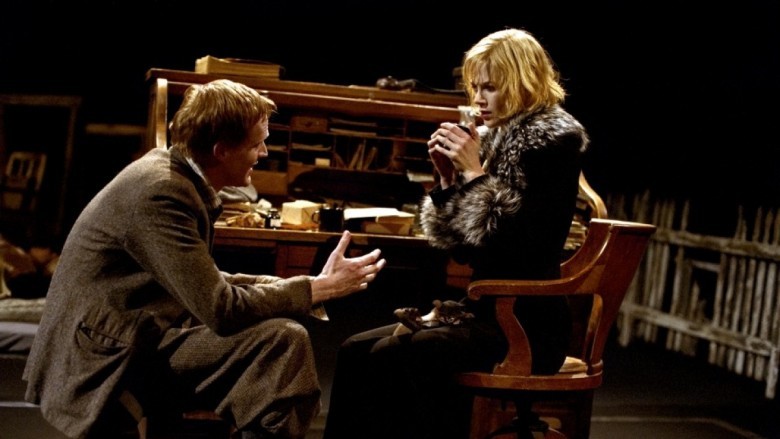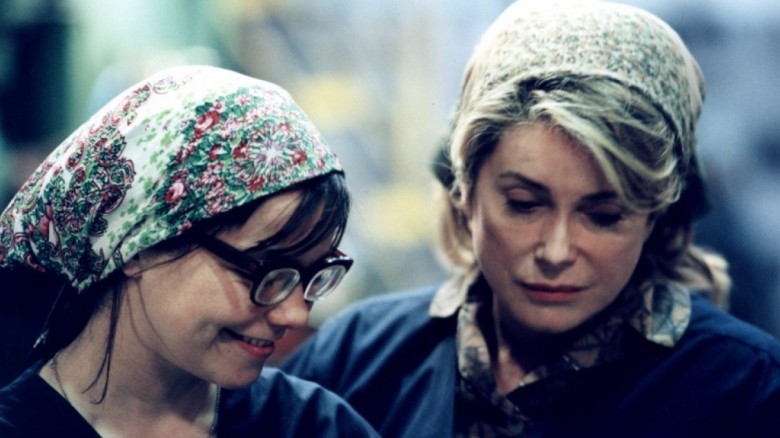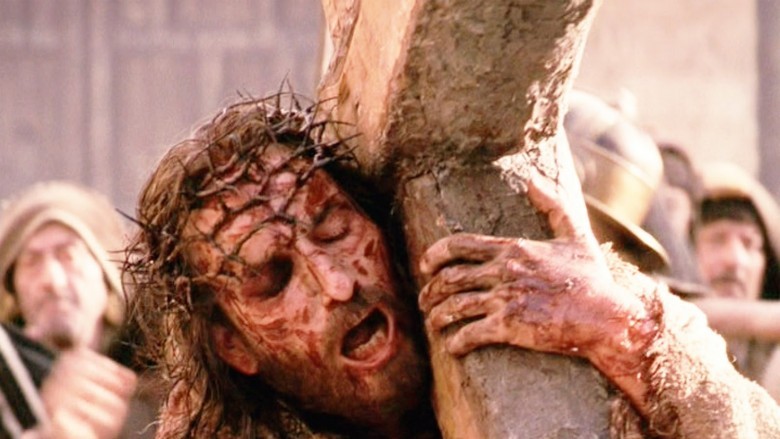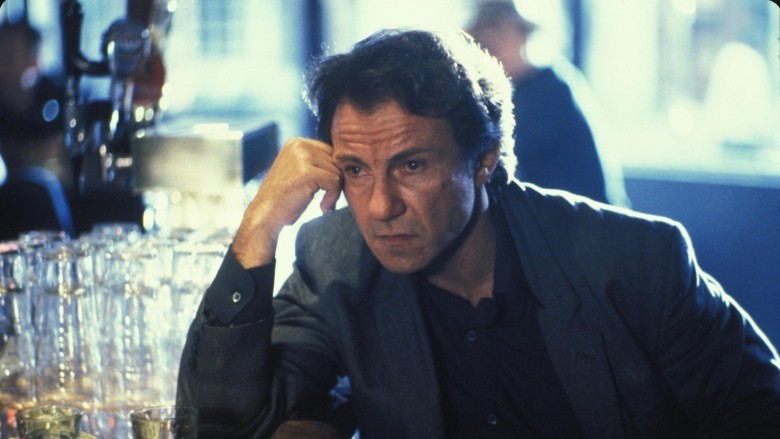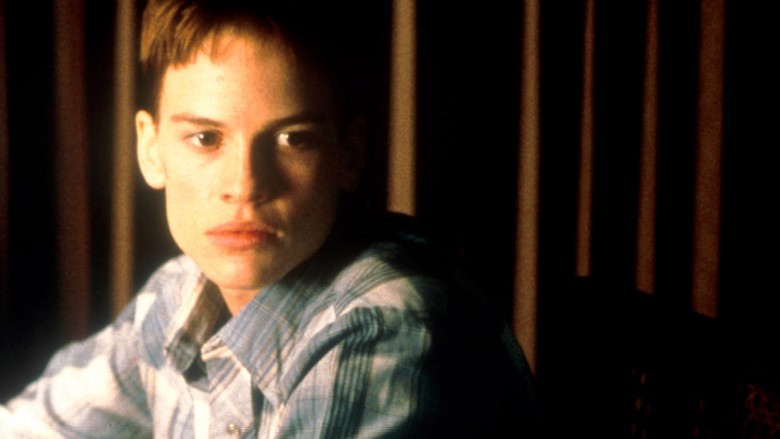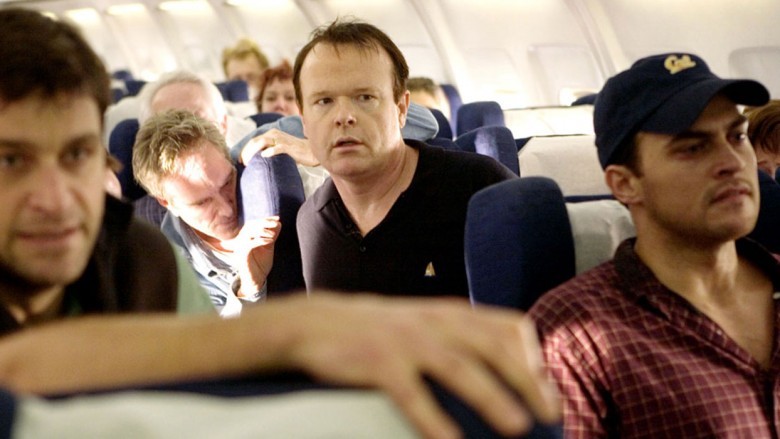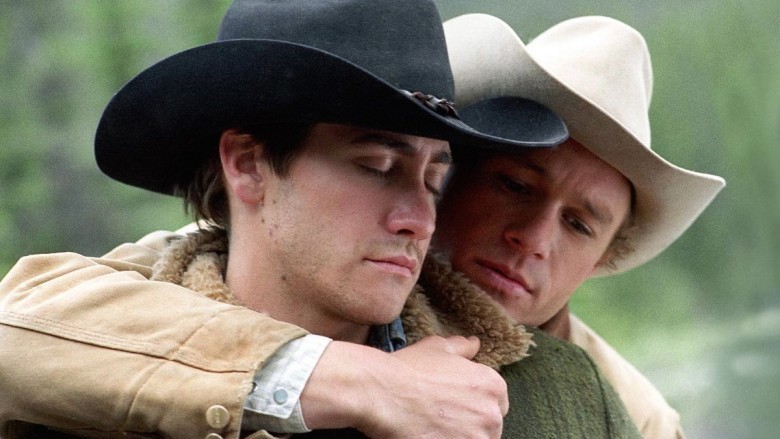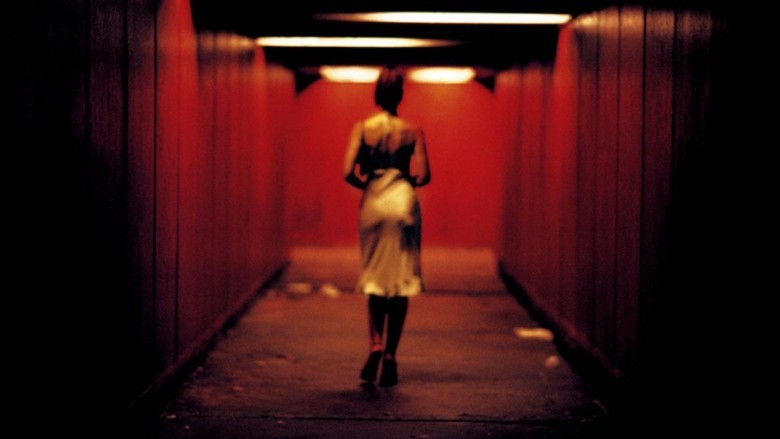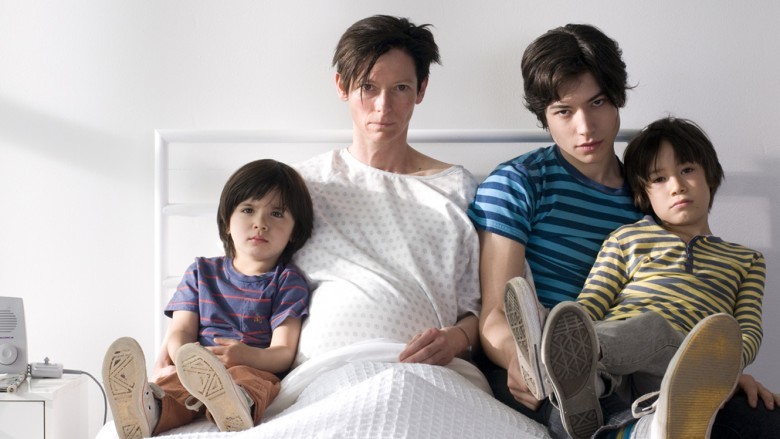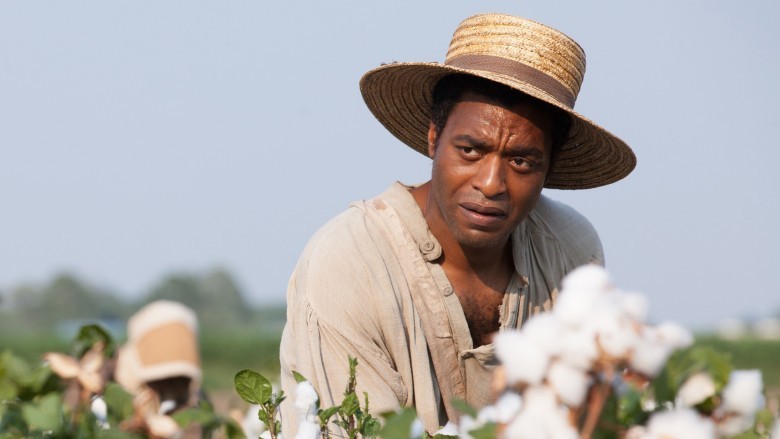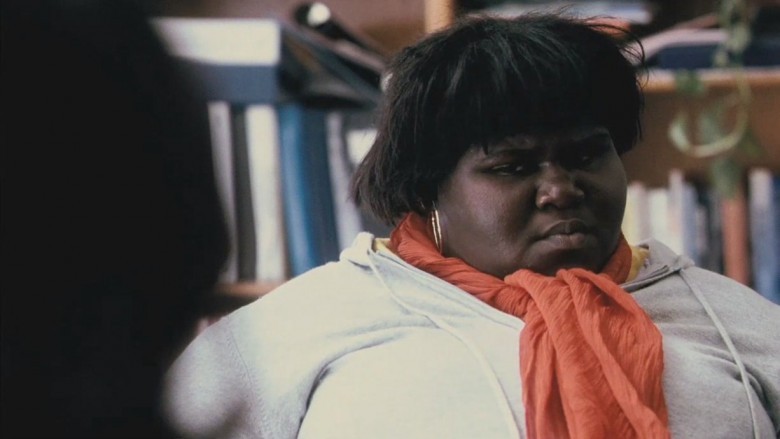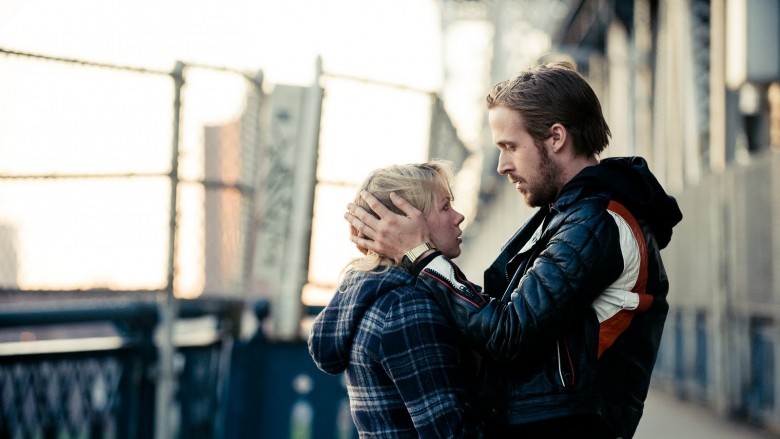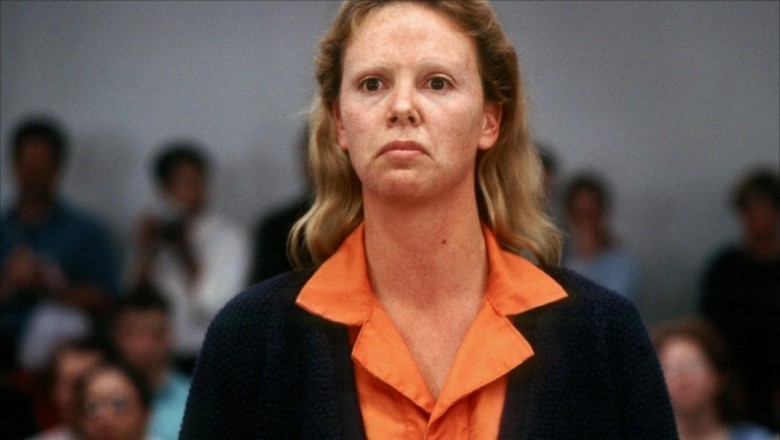The Hardest Movies To Watch More Than Once
Despite skyrocketing budgets, Hollywood puts out a few films each year with absolutely no re-watch appeal. Some have horrible writing or uninspired performances; some are terribly directed or have lackluster special effects. Others, on the other hand, are actually very good, but are so depressing, shocking or terrifying that you'd never watch them again—at least not until the painful memories fade. Let's take a look at some movies nobody in their right mind would want to see twice, but be warned: spoilers ahead.
Grave of the Fireflies
If you love everything Studio Ghibli, you probably fell into the same trap we did when watching Grave of the Fireflies: "Oh, hey—another Studio Ghibli film! We loved Princess Mononoke and Spirited Away; this is going to be awesome." Your initial reaction is followed by 88 minutes of stunned silence as the adorable child protagonists struggle to survive in post-war Japan, then uncontrollable crying as the credits roll. Visually stunning and emotionally draining, Grave of the Fireflies is one of those films you must see at least once—but the only people capable of watching it more than once are either masochists or completely incapable of feeling pain.
Requiem For a Dream
This adaptation of Hubert Selby's novel is a brutal, bleak, and visceral film in which Darren Aronofsky opens a window on the lives and experiences of four different drug addicts—and the view is grimy, colorfully hallucinatory, and tear-streaked. The stunning visuals and harrowing story grab hold of you and don't let go for 101 excruciating minutes. It's a mind-bender of a film that will leave you depressed for days (and seriously contemplating your own bad habits).
Schindler's List
There's no doubt Schindler's List is one of the most important films to ever grace a theater. The ambition and art that went into Steven Spielberg's adaptation of Thomas Keneally's Schindler's Ark, a historical fiction about the real work Oskar Schindler did to save the lives of his Jewish employees during Nazi rule of Germany in World War II, was second to none and painfully depicted the real horrors of the era in unforgiving detail. In fact, i's precisely because of the honest sense of dread and devastation that necessarily haunted the movie that it ranks among those that must be seen at least once, but is probably difficult to revisit for most.
American History X
Tony Kaye's American History X went to some incredibly disturbing lengths to capture the true depravity that neo-naziism inspires (and is fueled by). And while the overarching narrative is optimistic in the sense that empathy is within reach for even the most seemingly unsalvageable individuals, the road to that character recovery was immensely upsetting to watch. Not only are the language and imagery purposefully offensive, but the acts of violence committed in the movie are unspeakable. It's hard to imagine anyone choosing to endure it all again after seeing it the first time.
Dogville
Lars Von Trier's movies all tend to fit in the category of just-one-timers, and that's certainly the case with his second installment to his USA – Land of Opportunity trilogy, Dogville. The film, which was told in nine parts, chronicles the grueling experience of a woman who, on the run from the mafia, decides to hide out in a rural town whose residents agree to provide her shelter in exchange for her completing their various low-level chores. Her relationship with the town slowly descends into unethical abuses of the woman, including multiple sexual assaults—all very difficult to stomach the first time around, let alone on a repeat viewing.
Dancer in the Dark
Another of Von Trier's most hard-to-rewatch movies is Dancer in the Dark, which depicts—with much musical accompaniment—the efforts of a woman to save her son from experiencing the same ocular degeneration disease that has taken her sight. The third installment to his Golden Heart trilogy was extremely polarizing with critics due to the documentary-style, emotionally heavy filmmaking style and storyline, but even those who liked the grim film might've had trouble queueing it up twice.
Passion of the Christ
Director Mel Gibson threw all his noodles at the wall when he made this harrowing, vicious film about the final days of Jesus Christ because, as the title indicates, it was meant to be a showcase of just how much grace and conviction the religious figure showed in the face of extreme brutality from his executioners. And while the film certainly did its job of reminding its intended audience of the sacrifices Jesus endured, even viewers who might've revered its message the first time might have a hard time bearing witness to the shocking level of violence again.
Bad Lieutenant
Onscreen sexual violence is triggering in virtually any form, but the sheer lechery of the central character in Bad Lieutenant is especially difficult to observe. The movie serves to ultimately exonerate the drug-addled, unpredictable officer, but the journey to get to that point teems with tough material that includes the assault of a nun (and her refusal to report on her attackers, which rings all too true for many victims) and his use of authority to force two young women into a sexual act. It's impossible to unsee the events of the movie and hard to imagine voluntarily watching them again.
Boys Don't Cry
Hilary Swank's Academy Award-worthy performance as Brandon Teena, a real-life transgender man who was raped and murdered in 1993, was certainly groundbreaking, as it shed light on an underexplored sector of hate crimes that were (and are still) being committed against members of the LGBTQ community. At the same time, it was also incredibly difficult to bear and probably counts for many as a movie that's worth watching once ... but maybe only just the one time.
United 93
The tragedy of the events of 9/11 is a subject that will loom large for most Americans for decades, and no doubt there will be many future films that explore the atrocities of that dark day. But when United 93 was released, for many, the wounds still felt a little too fresh. However, the film, which depicts the heroic revolt of passengers aboard the hijacked United Airlines Flight 93, was made in cooperation with the real-life victims' families and meant to serve as a tribute to their brave retaliation against the hijackers, whose intent to use the plane as a weapon against another important U.S. building, most likely in Washington D.C., became clear to them en route. The film drew from known details and used fictional embellishment to fill in the blanks, and while it was adequately respectful of the many Americans whose lives were lost that day, it's also heartbreaking.
Brokeback Mountain
Ang Lee's romantic masterpiece was both visually stunning and emotionally resonant as it told the long, gut-wrenching love story of two cowboys whose passionate affair had to be kept secret for years as they tried to live the lives their families, and society, expected of them. The movie was bolstered by exceptional acting from its cast—particularly Jake Gyllenhaal and Heath Ledger, who portrayed the star-crossed lovers—and did its job of hitting viewers right in the feel spots. But for some, the devastation of its final scenes and the main characters' denial of their true selves is too sad to relive.
Irreversible
This 2002 French horror film tops many best- (and worst-) of lists precisely because of how horrific its lengthy and gratuitous rape scene is. The film, which tells the reverse chronological story of a woman who is raped and beaten into a coma by a notorious criminal, includes several scenes of intense cruelty and graphic violence that makes it rather unwatchable for any audience members with even a shred of visual sensitivity. Daring to approach the movie once is quite enough for most, let's just put it that way.
We Need to Talk About Kevin
As prevalent as mass murder attacks might be in real life, it's still quite hard to enjoy any piece of artwork that tries to synthesize the psyche and history of a young person who commits these heinous acts, especially through the lens of those who play the blame game with themselves, like the mother figure in this film. In the case of We Need to Talk About Kevin, an all-star cast delivers sound, impactful work to peel back the layers of life that led up to the title character's horrific actions. That said, the movie is still difficult to process and might leave viewers feeling unfulfilled and even more hopeless and confused than before. Then again, maybe that was the whole point—to highlight the sheer senselessness of it all—but it's still hard to imagine working up an appetite to watch it again.
12 Years a Slave
12 Years a Slave was far from a perfect movie as it, arguably, delved into the territory of the dangerous "white man saves the day" trope with Brad Pitt's character. However, the true story of Solomon Northup is compelling and heartbreaking and certainly served to shed a unique light upon the truth of American slavery in the mid-19th century. The incredible acting and commitment to unrelenting cruelty and the emotional complexities of its characters made the movie well worth the price of a ticket, but seeing it once was likely quite enough, as most of its scenes were unforgettable anyway.
Precious
Like a lot of these movies, Precious—based on the autobiographical novel Push by Sapphire—made for incredible, indelible cinema thanks to some blistering truth about a segment of society most people might not understand or have compassion for. The movie told the story of a young girl whose life consisted of parental abuse and neglect first, poverty second, and whose struggle to survive the mean streets and her even meaner home life was a daily battle. Anyone who's seen it no doubt walked away a little different than they came in ... if unwilling to watch it again.
Blue Valentine
Derek Cianfrance's Blue Valentine brims with raw emotion and sexuality, but it's the depressing nature of the narrative that really resorts this one to the dustiest shelves. The film is a categorical showcase of rich acting by its leads, Michelle Williams and Ryan Gosling, but the biting, bitter truth that even the most earnest romances can sputter out so spectacularly might hit a little too close to home, in a very literal sense, for many viewers to push play again.
Monster
Charlize Theron's Oscar-winning turn as real-life serial killer Aileen Wuornos was an inarguable benchmark in her career and worth watching just for the sake of seeing her masterful screen presence. However, Monster isn't exactly the kind of picture that warrants a repeat viewing—not only was the subject matter difficult for its realism (these were actual people she killed, of course), but it also offered an almost sympathetic lens for the murderess that many take issue with.
